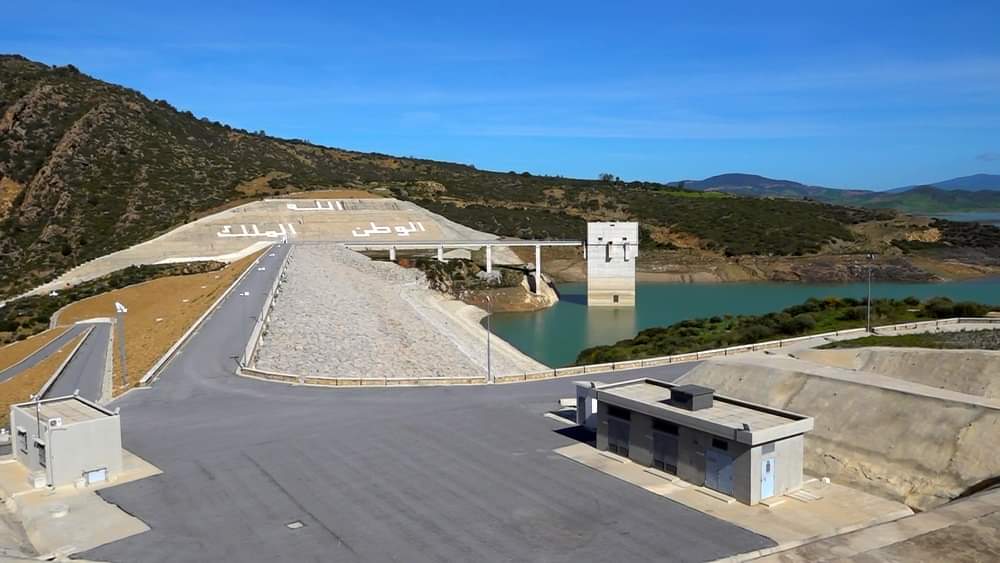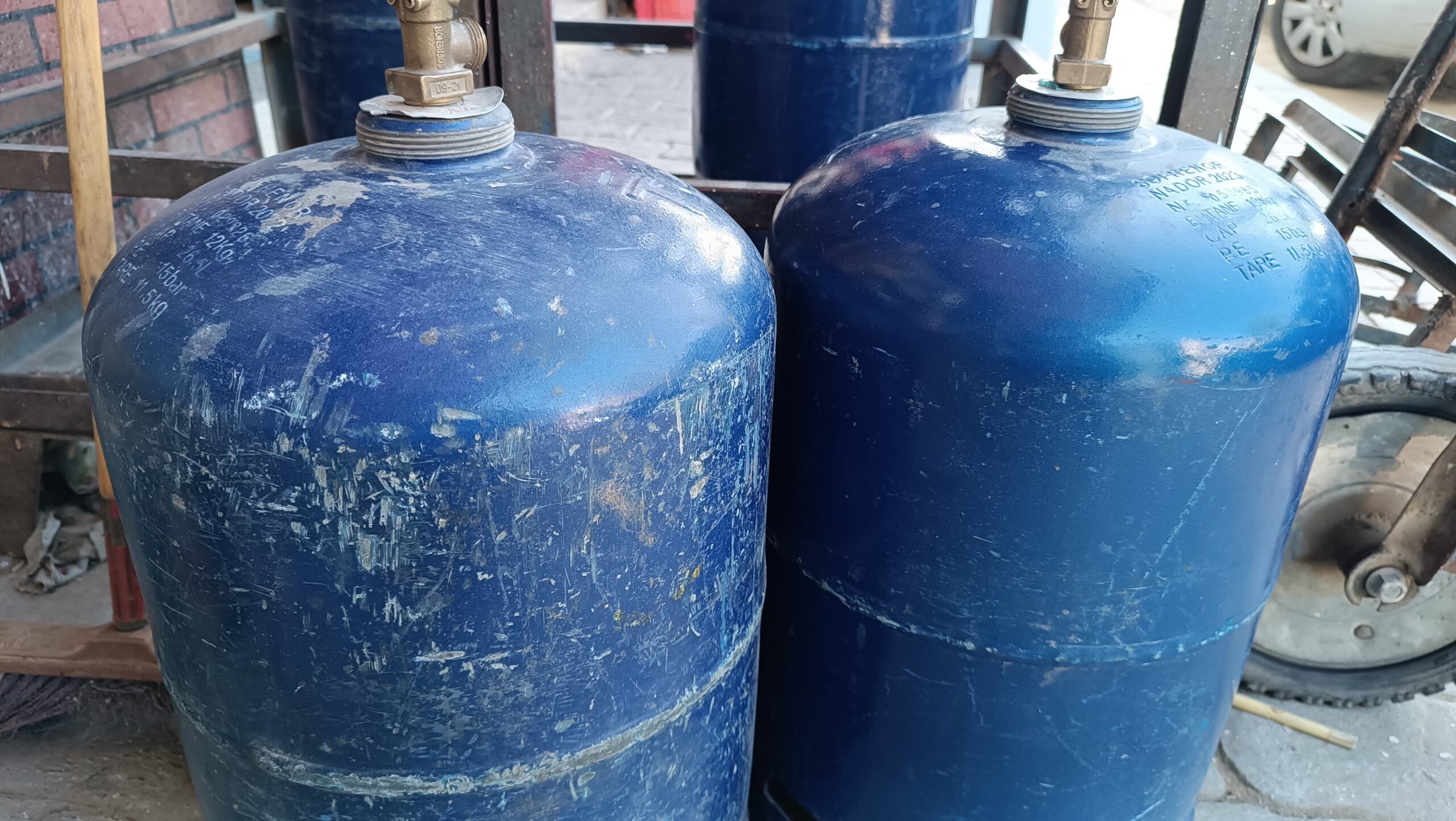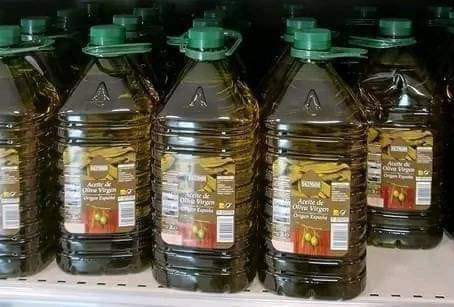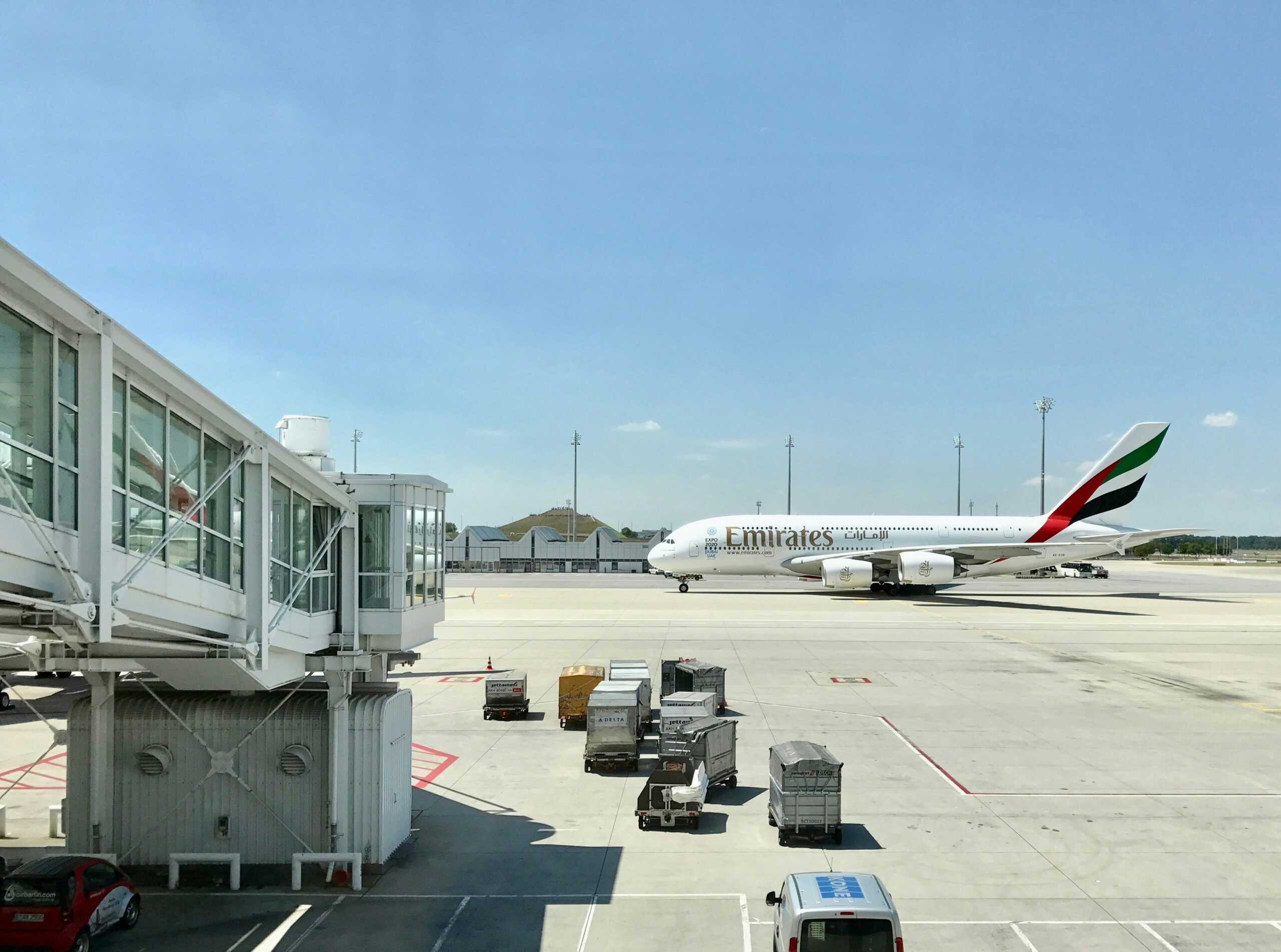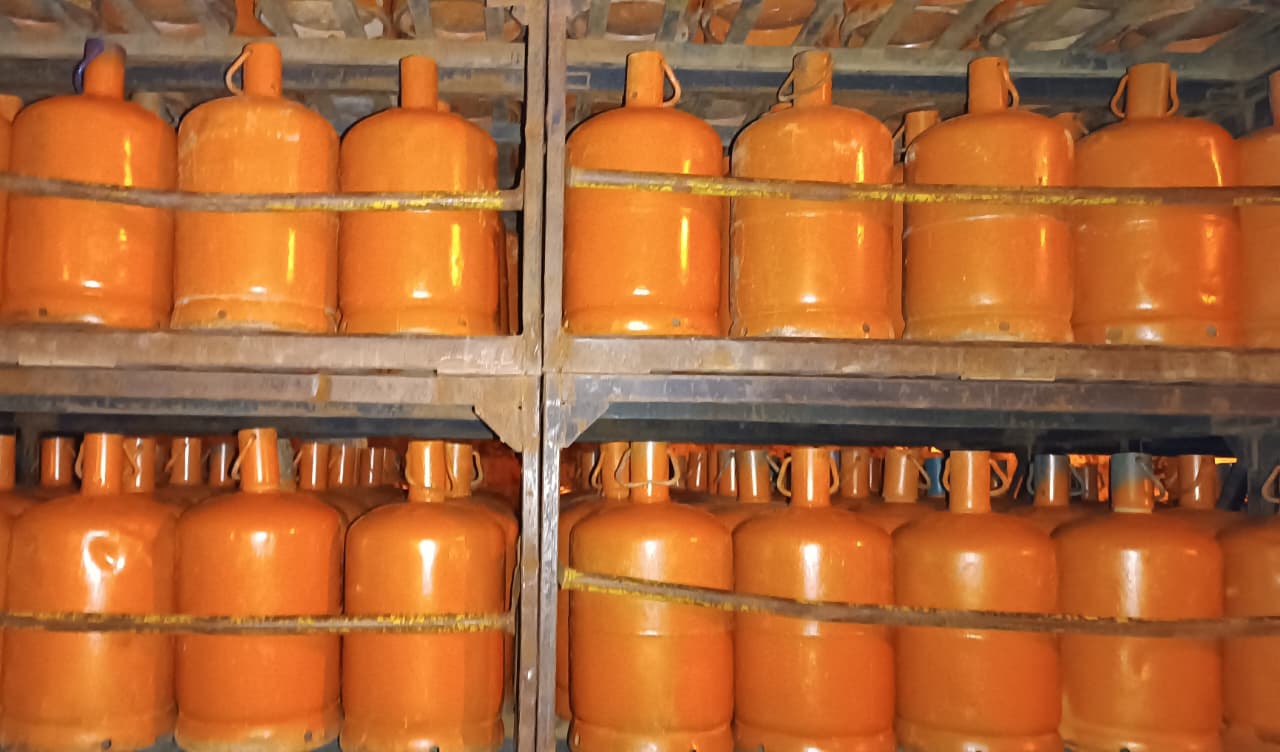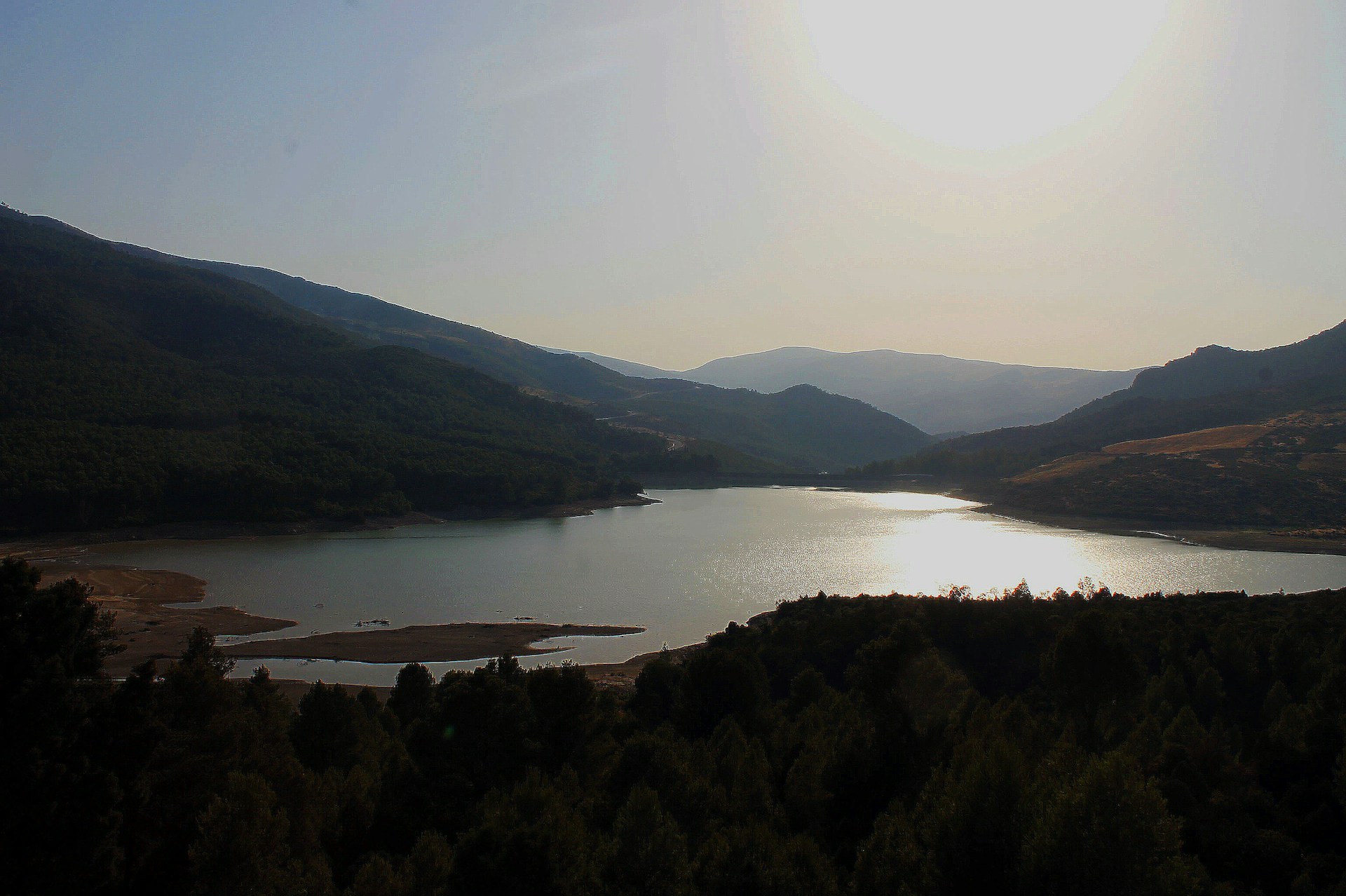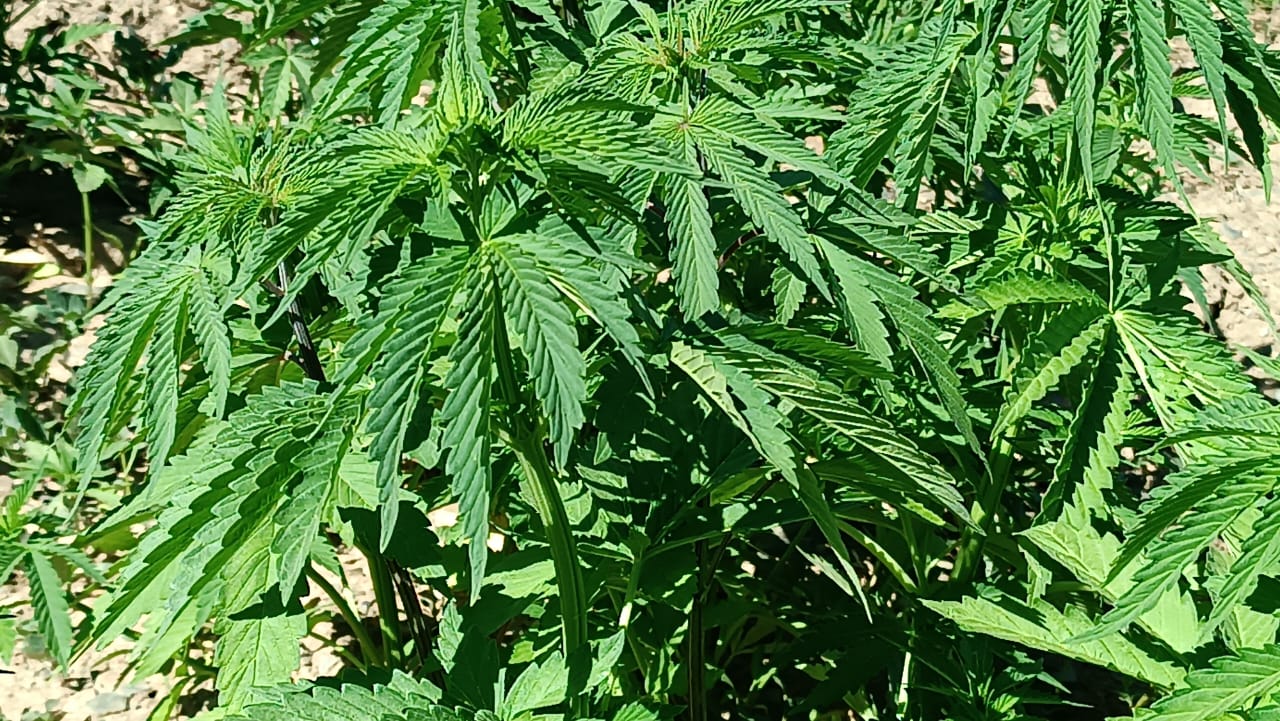Casablanca – Prime Minister Aziz Akhannouch convened a meeting in Rabat with key stakeholders from various agricultural sectors to outline a series of urgent measures aimed at revitalizing the agricultural industry and ensuring a stable supply to national markets. This initiative comes in response to the challenges posed by five consecutive years of drought, which have significantly affected agricultural production.
In a bid to address water scarcity, the Prime Minister has instructed the release of water from dams throughout the agricultural year for several irrigation areas, including Gharb, Moulouya, Loukos, and Ziz. Additionally, specific water quotas will be allocated to kick-start the current season in Tadla.
During the meeting, agricultural professionals presented priority measures designed to support production chains, particularly in the areas of milk, meat, olive oil, and fruits and vegetables. The government aims to balance supply and demand to lower prices for consumers while preserving production capabilities. Among the measures discussed is the continuation of support for the purchase of seeds for potatoes, onions, and tomatoes, as well as nitrogen fertilizers. Furthermore, support for certified seeds will expand to include legumes and fodder seeds.
The government also plans to assist in the purchase of compound feed under new conditions for fattening calves, dairy cows, and camels. Measures will also be taken to facilitate the import of compound feed designated for breeding ewes, along with the import of beef and sheep meat within a specified timeframe.
A key focus of the discussed measures includes the protection and restoration of livestock heritage, as well as enhancing the agricultural sector’s resilience to cope with climate-related challenges and water scarcity. The plan encompasses support for plant production chains, including olive and citrus cultivation, date production, legumes, and various crops, ensuring a comprehensive approach to improving agricultural output.
In terms of exports, the government agreed to support the export of table olives at a rate of $0.21 per kilogram and facilitate the export of olive pomace and olive oil for fuel. Additionally, support will be provided for the export of citrus fruits to the European Union market at a rate of $0.10 per kilogram. To ensure the timely payment of producers’ dues, additional funds will be allocated to Sonacos, the national oilseed company.
To facilitate the effective implementation of these measures, a joint committee will be established between the state and Komadir to follow up on projects facing difficulties, allowing for individualized discussions of each initiative.
To support these initiatives, the government has allocated a projected budget of approximately $750 million, directed toward urgent measures and the gradual restoration of balance within different production sectors. This funding is expected to improve the management of agricultural inputs, thereby maximizing yields and enhancing overall productivity.
The government reiterated its commitment to ongoing investment in the agricultural sector, emphasizing the importance of structural investments that bolster the sector’s adaptability to drought conditions. The Prime Minister’s office highlighted that these efforts align with the directives of the Green Generation strategy, launched in 2023, which aims to modernize and develop Moroccan agricultural production chains over a ten-year period, with a total investment exceeding $11.3 billion.
The meeting also served as a platform for discussing the coordination necessary among key stakeholders to ensure the effective implementation of the proposed measures. The government plans to monitor the execution of these urgent interventions closely, focusing on reducing agricultural product prices to protect consumers’ purchasing power while ensuring a continuous and adequate supply to national markets.
Through these comprehensive measures, the Moroccan government seeks to create a more resilient agricultural sector capable of meeting current challenges and safeguarding the country’s food security.







